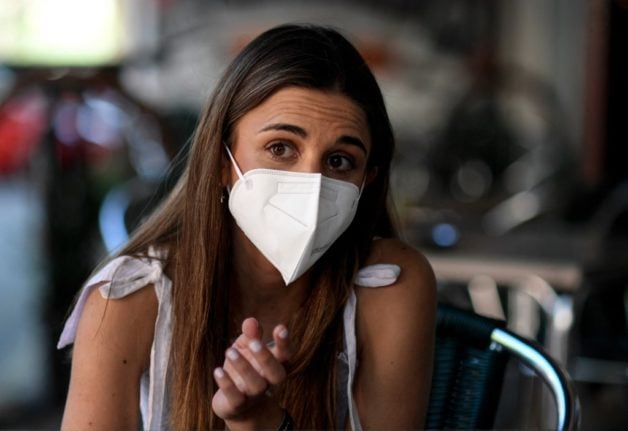Though the Federal Council has scrapped the travel quarantine in December in favour of tests, the 10-day requirement remained in place for ‘contact’ persons — those who either live with an infected person or were in close contact with them.
However, as at January 5th, all but three cantons are allowing contact persons to end the quarantine after seven days. Solothurn will enforce the rule on January 10th. Only Graubünden and Aargau have not yet announced any changes in quarantine requirements.
Note that people who have been tested positive must continue to isolate for 10 days.
Exempted from the quarantine are people who were vaccinated or recovered from coronavirus within the past four months, and have no symptoms of Covid.
Nevertheless, health authorities recommend that they get tested four to seven days after contact, wear a mask, and avoiding public places.
There have been calls to lift the quarantine after the fifth day in confinement, as is currently the case in the United States, but Switzerland is not likely to follow this example for the time being.
READ MORE: Will Switzerland shorten Covid quarantine to five days?
The reason for shortening the quarantone is primarily economic, as business circles, along with the government itself, fear the collapse of the country’s essential infrastructure if an increasing number of people is confined.
For instance, Swiss Federal Railways and Swiss Post are warning that quarantines of their employees could seriously impact their services.
Figures from the Federal Office of Public Health (FOPH) show that as at January 4th, 101,000 people were quarantined in Switzerland, a number that is likely to increase in the next days.
From the health perspective, seven-day quarantines would not worsen the epidemiological situation, experts say.
“In view of the current package of measures with vaccination and booster, a long quarantine period does not help much epidemiologically”, according to Covid-19 Task Force member Marcel Tanner.
And Didier Trono, head of the virology laboratory at the Federal Polytechnic Institute of Lausanne (EPFL) noted in an interview with public broadcaster RTS on Sunday that numerous long quarantines “risk paralysing our society.”
He added that shorter quarantines “make sense” and don’t imply that “we are giving up the fight against the pandemic”.
READ MORE: Covid hotspots: Why Switzerland’s situation is ‘extremely unfavourable’




 Please whitelist us to continue reading.
Please whitelist us to continue reading.
Member comments